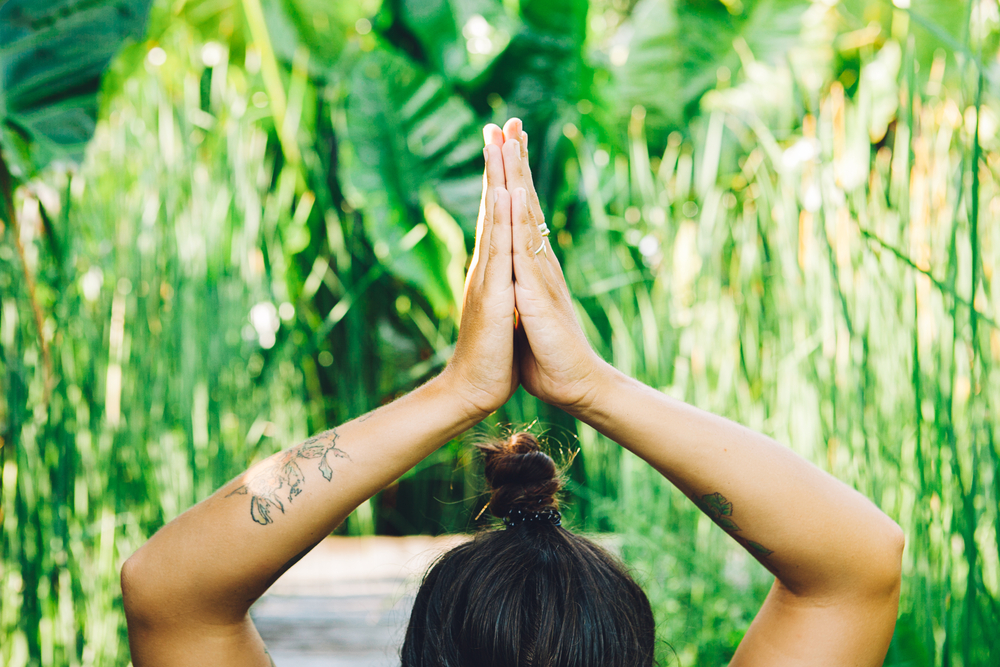Finding true happiness can feel like a losing game. But what if the key to being happy in life was actually about the smaller, mindful habits? While these habits might not always be easy to adopt, their potential to transform our lives is huge. Let’s get into the 15 mindful habits that can significantly boost your happiness.
1. Treating yourself with the same kindness you’d give a friend

It sounds simple, but many of us are far harsher on ourselves than we would ever be to others. The challenge lies in overcoming ingrained habits of self-criticism and negative self-talk. Start by noticing your self-talk and consciously rephrasing it in a more compassionate way. It’s time you became your own best friend, try giving yourself some support and encouragement instead of criticism and judgment.
2. Truly listening to others

This means giving your full attention to the speaker, without planning your response or letting your mind wander. It’s harder than it sounds, especially with constant notifications. Try to resist the urge to interrupt, offer advice, or relate the conversation back to yourself. It’s hard, but the rewards are immense: deeper connections, better understanding, and the gift of making others feel truly heard.
3. Focusing on what you’re eating

This means savoring each bite, eating without distractions (goodbye, Netflix dinners), and really tuning into your body’s hunger and fullness cues. This habit can transform your relationship with food and boost your overall well-being. It’s challenging because it requires presence and patience in a world that values everything but that. But better digestion, more satisfaction from meals, and a healthier relationship with food are worth it.
4. Paying more attention to your breath

Our breath is always with us, yet we rarely pay attention to it. Setting aside time each day to focus on your breath can be a powerful tool for reducing stress and increasing mindfulness. Start with just a few minutes of focused breathing each day. It’s like hitting a reset button for your nervous system, bringing you back to a state of calm and centeredness, no matter what chaos is swirling around you.
5. Moving your body with more intention and awareness

Whether it’s pilates, yoga, or taking a walk in nature, mindful movement connects you with your body and the present moment. By staying present, you turn exercise into a form of moving meditation, reaping both physical and mental benefits. And honestly, what’s better than that?
6. Sitting still and quieting your mind

It’s not easy, especially when your to-do list is screaming for attention. But here’s the thing: according to Forbes, regular meditation can rewire your brain for happiness. It reduces stress, increases focus, and promotes emotional regulation. Even 5 minutes a day can make a difference. At first, it’s tough, but with time, you’ll wonder how you ever lived without it.
7. Staying away from snap judgments

We’re wired to make quick judgments about everything, it’s a survival instinct. But constantly judging situations, others, and ourselves can lead to a lot of unnecessary suffering. This doesn’t mean you can’t have opinions or make decisions, it’s about reducing the automatic, often negative, assessments we make.
8. Viewing challenges as opportunities

It sounds empowering, but it’s not easy, especially when faced with failure or criticism. The difficulty lies in reframing negative self-talk and deeply ingrained beliefs about your abilities. Start by catching yourself in fixed mindset thoughts (“I’m not good at this”) and consciously shifting to growth mindset alternatives (“I’m not good at this yet, but I can learn”).
9. Accepting that you’re not perfect

This means appreciating your flaws, learning from mistakes without harsh self-judgment, and letting go of unrealistic standards. The difficulty lies in overcoming deeply ingrained perfectionist tendencies and societal pressures. Start by acknowledging that imperfection is part of being human and that it can even be beautiful.
10. Being aware of what you eat, buy, watch, and read

It’s challenging to resist the constant temptations of consumerism and the ease of mindless consumption, but we need to be aware of what we’re bringing into our bodies and minds. Start by pausing before each purchase or before consuming media, asking yourself if it truly aligns with your values and needs.
11. Getting in touch with nature

Spending time in nature is beneficial, but being fully present in nature takes it to another level. This means engaging all your senses, noticing the details around you, and feeling a connection to the natural world. Start with short, mindful walks, gradually increasing the duration.
12. Forgiving yourself and others

This doesn’t mean condoning harmful actions or forgetting the past, it’s about releasing the hold that resentment and anger have on you. Sure, you’ll naturally want retribution in some way but in the grand scheme of things, it’ll free you. Start with small acts of forgiveness in daily life, gradually working up to bigger issues.
13. Approaching life with openness

This one is about maintaining a sense of curiosity and wonder, even in familiar situations. Start by consciously approaching one routine activity each day as if it’s entirely new to you, noticing details you usually overlook. It’s like wiping clean the lens through which you view the world, allowing for fresh perspectives and discoveries in even the most mundane aspects of life.
14. Finding gratitude in the ordinary

This is about appreciating the simple things we often take for granted—a clean bed, a cup of tea, the ability to breathe. The difficulty lies in overcoming hedonic adaptation—our tendency to get used to good things and stop appreciating them, according to Science Direct. Start by choosing one ordinary thing each day to really notice and appreciate.
15. Taking social media breaks

Our phones feel like extensions of our hands, and regularly disconnecting from technology is tough but crucial. Set aside time each day, or designate entire days, to go screen-free. You have to give your brain a vacation from the constant stimulation right? At first, you might feel anxious or bored, but soon you’ll rediscover the joys of uninterrupted thoughts, face-to-face conversations, and the world beyond your screen.








